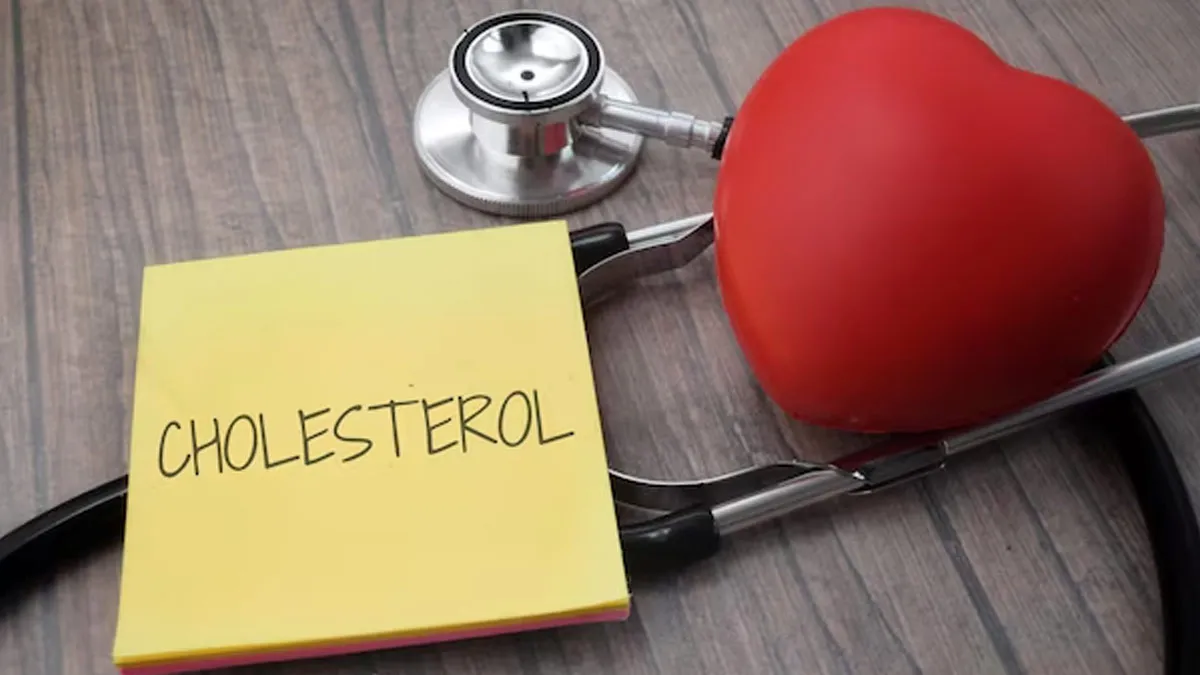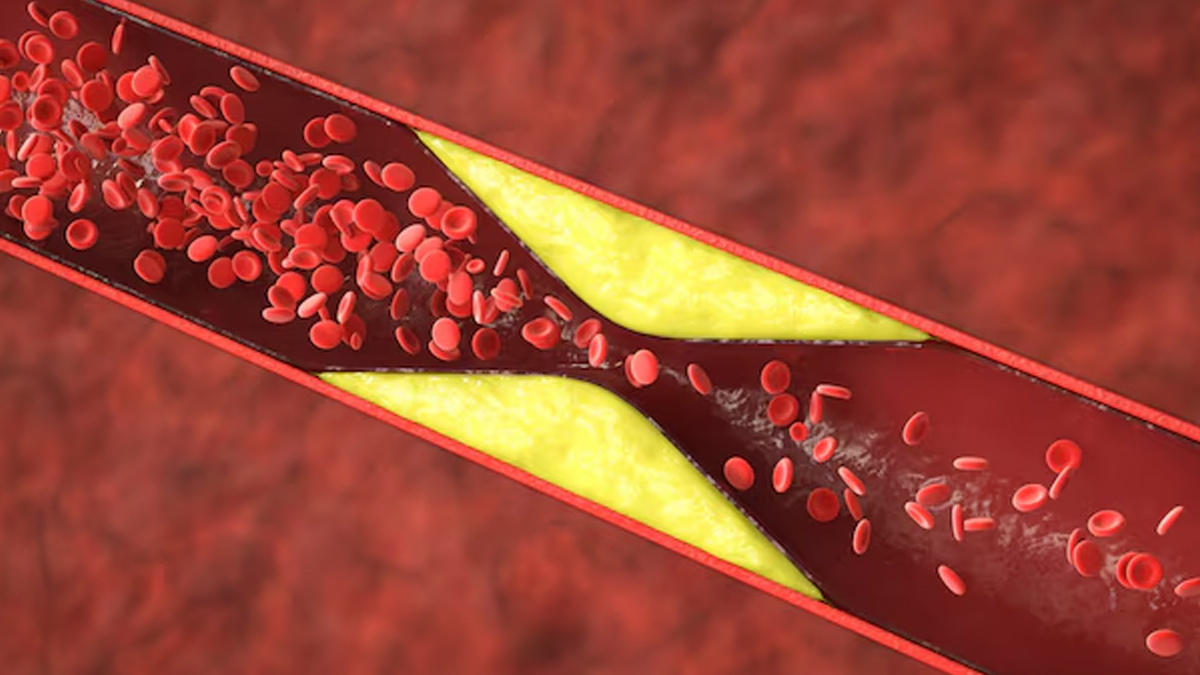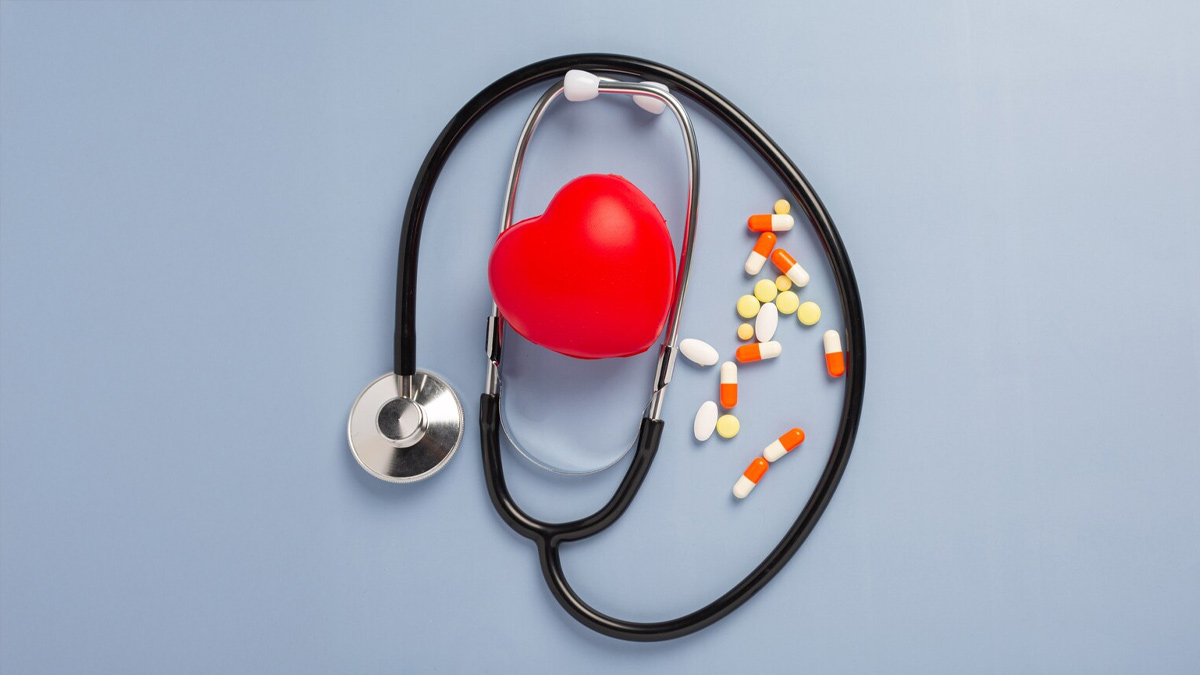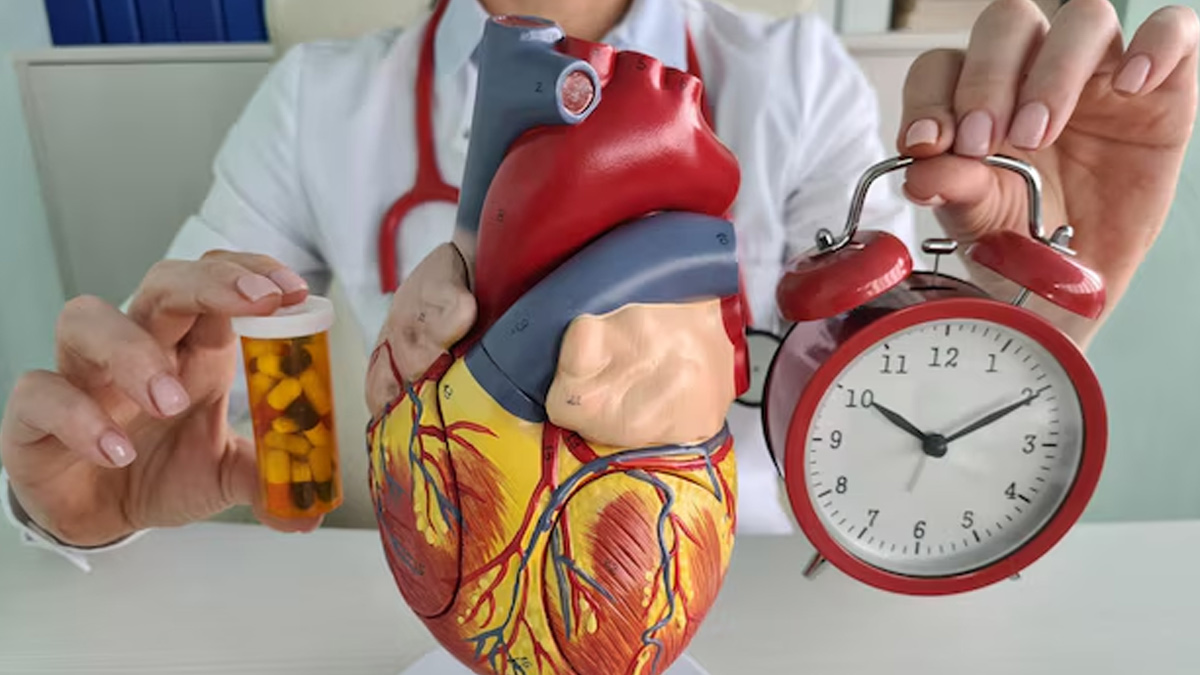
Cholesterol is a waxy, fat-like substance that's found in your blood and in all your cells. While in recent years, cholesterol has earned itself a bad name, given its association with an increased heart disease risk, it is an important substance necessary for several bodily functions.
Table of Content:-
In general, there are two main types of cholesterol: Low-Density Lipoprotein (LDL) and High-Density Lipoprotein (HDL) cholesterol. High levels of LDL, also known as 'bad' cholesterol, can lead to plaque buildup in the arteries, narrowing them and increasing the risk of heart attacks and strokes. On the other hand, high HDL cholesterol levels can lower your risk for heart disease and strokes, as it carries cholesterol back to the liver, where it's broken down and flushed from the body.
While lower LDL cholesterol is generally recommended, in certain cases, they can go alarmingly low, which can signal underlying health problems. In an interaction with the OnlyMyHealth team, Dr Ajay Shah, Managing Director of Neuberg Ajay Shah Laboratory, Mumbai, discusses this health scenario in detail.
Also Read: Why Is Cholesterol Important For Health, How To Lower Bad Cholesterol?
What Is LDL Cholesterol?

LDL cholesterol is a type of cholesterol that is often called "bad" cholesterol because high levels of it can lead to plaque buildup in the arteries, increasing the risk of heart disease and stroke.
Cholesterol itself isn't bad, as it is a fatty substance that the body needs for cell function. However, too much LDL can stick to artery walls, making them narrow and less flexible. This can reduce blood flow and lead to serious health problems over time.
Factors including unhealthy eating habits, lack of exercise, smoking, and genetic factors can contribute to high LDL levels.
Can LDL Cholesterol Be Too Low, And How Low Can It Be?
Dr Shah says, “A healthy LDL cholesterol level is generally considered to be less than 100 mg/dL. Levels between 100-129 mg/dL are near optimal, while 130 mg/dL and above may increase the risk of heart disease, especially for individuals with other risk factors.”
However, it is important to know that LDL cholesterol levels can sometimes go very low, indicating other health conditions.
According to the doctor, very low LDL cholesterol is usually below 40 mg/dL, which may be associated with increased risks of haemorrhagic stroke, depression, and reduced brain function.
"Lower LDL Cholesterol Is Generally Recommended”

For most people, lowering LDL to recommended levels is beneficial for heart health, says Dr Shah.
It continues to provide heart health benefits even in people who start with already low levels (around 70 mg/dL or less).
A 2018 meta-analysis published in JAMA Cardiology found that reducing LDL cholesterol by 38.7 mg/dL led to a 21% decrease in major vascular events, such as heart attacks and strokes, whether achieved through statins or other cholesterol-lowering therapies. The benefits were similar to those seen in studies where LDL cholesterol levels were much higher at the start.
More importantly, lowering LDL cholesterol further did not increase the risk of serious side effects, including muscle pain, liver issues, diabetes, stroke, or cancer.
Also Read: Are You Taking Statins For Cholesterol Management? Here Are Mistakes You Should Avoid
How To Manage Healthy Cholesterol Levels

To manage healthy cholesterol levels, here’s what the doctor advises you do:
- Eat a heart-healthy diet high in fibre, whole grains, fruits, and vegetables.
- Limit saturated and trans fats found in processed and fried foods.
- Increase physical activity—at least 150 minutes of moderate exercise per week.
- Maintain a healthy weight.
- Quit smoking.
- Manage stress and get enough sleep.
Additionally, Dr Shah recommends using statins, which work by blocking an enzyme in the liver that produces cholesterol. “They help lower LDL levels and reduce the risk of heart disease, stroke, and other complications. Other medications, like ezetimibe and PCSK9 inhibitors, can also help lower LDL by reducing cholesterol absorption or increasing its clearance from the blood,” he explains. However, it is advised to consult a doctor before statin use.
Conclusion
Maintaining healthy LDL cholesterol levels is important for heart health, as high levels can increase the risk of heart disease and stroke. While lowering LDL is generally beneficial, extremely low levels may indicate underlying health concerns. A balanced lifestyle that includes a heart-healthy diet, regular exercise, and stress management can help regulate cholesterol levels naturally. In some cases, medications like statins may be necessary, but they should be taken under medical supervision.
Also watch this video
How we keep this article up to date:
We work with experts and keep a close eye on the latest in health and wellness. Whenever there is a new research or helpful information, we update our articles with accurate and useful advice.
Current Version